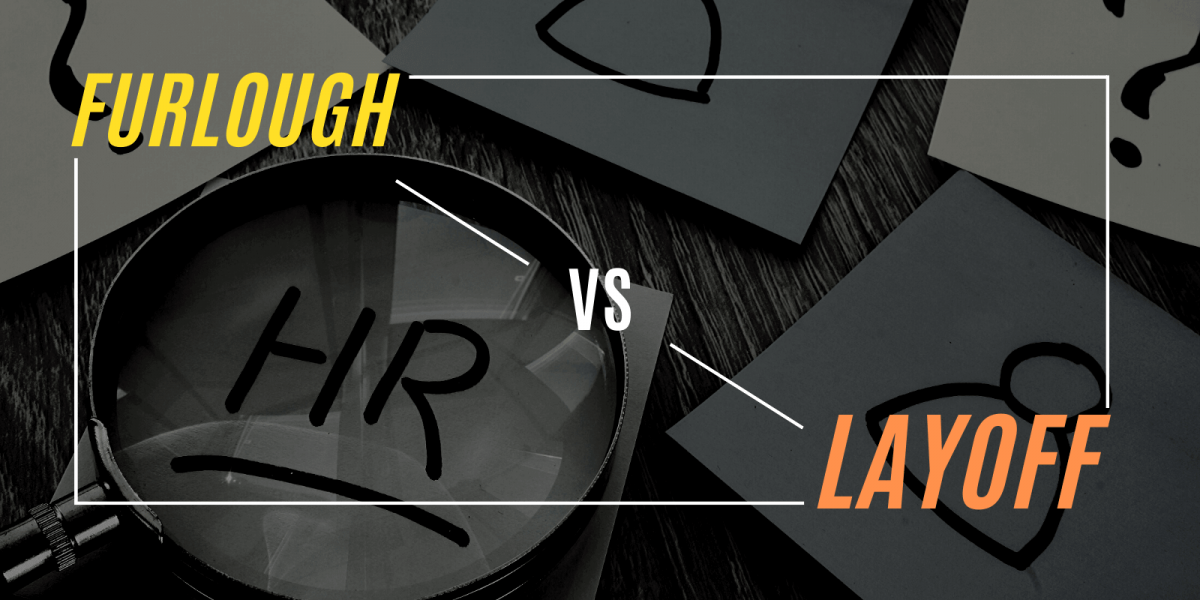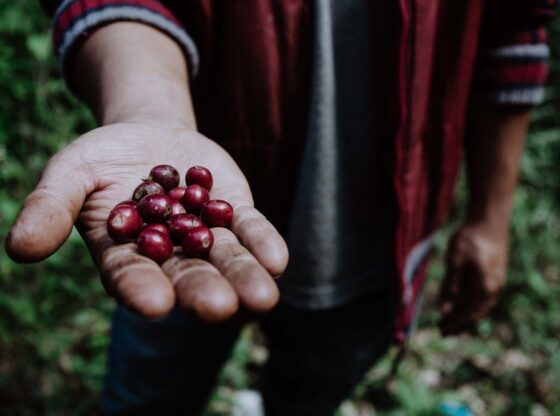![]()
Could be better; could be worse; could be of little consequence
According to the UK’s seemingly flawed and under fire traffic lights system for foreign travel, Thailand is rated as an amber risk country.
If you are a Brit sitting in Pattaya with no plans to return ‘home’ in the near future the news may not mean a whole lot. However, if you have friends and/or relatives who are champing at the bit to come to see you (strange how popular you can become when living in Thailand) it may mean more.
Should relatives want to visit, they must take two post-arrival tests when they arrive back in the UK. They are also required to self-isolate at home for 10 days, although they can reduce that time if they take an additional negative test on day five. For elderly relatives, who no longer work, the self-isolation period may not be much of a dis-incentive; if your visitors still work for a living then adding 10 days to the usual 14 day holiday would mean 24 days away from the workplace. That’s pretty much unheard of.
Mind you, the day before I sat down to write this, British Prime Minister Boris Johnson said that a country on the amber list “is not somewhere where you should be going on holiday, let me be very clear about that”.
The fact is that much about the whole Covid crisis is pretty unclear, especially in relation to world travel. Let me give you an example. There are just a dozen or so countries listed as ‘green’ (i.e. okay to visit) on the UK’s list. Among those are Australia, New Zealand and Singapore. Great, where do I buy my ticket? The problem is that (at the time of writing) not one of those three will allow Brits in. That’s not a special downer on the Brits, by the way, they don’t want to let anyone in, a policy that may prove very sensible in the long run.
So, it seems that the UK’s travel traffic lights are pretty much stuck on red. They don’t seem to mean a heck of a lot and the average man in the street (me, for instance) doesn’t really understand the does and don’ts, anyway.
I am keen to return to Thailand for a holiday, but I’m not even sure my employers would allow it this September when I have two weeks booked. Maybe if the lights for Thailand turn green between now and then. A big maybe. Next year looks favourite, provided Thailand has got its vaccinations act together.
My conclusion is that the UK is in a bit of a mess in terms of getting its travel ducks in a row. There are matters which, with the benefit of hindsight, the UK Government has got wrong.
However, it did get a few things right.
I believe it is generally accepted that the UK was ahead of the game when it came to ordering Covid vaccines. I have already had my second dose of the jab and, by the time you read this, my Thai wife should have had had her second one too.
I include the ‘Thai’ bit because I want to underline that everyone in the UK is treated the same. Given that she is just as capable of spreading the problem as anyone else, that’s the way it should be. I don’t know if the situation is similar in Thailand. Those who are always knocking Thailand (why do they still live there?) are probably convinced there will be a ‘Thais-first’ policy; those who rejoice in the fact that Thailand is different will dismiss the idea. Me? Give me a fence to sit on, please.
Another thing the UK got very right – in my opinion – is on the subject of workers still be paid when they were not able to work due to Covid lockdowns. This is referred to as the furlough scheme.
My wife, for example, works in a floating Thai restaurant. It’s the restaurant that floats, not the Thais! For large swathes of the past year her restaurant has been closed and she has been unable to work. But she has still been paid 80% of her normal wage.
This has proved a real life-saver both here in the UK and in a very small part of Isaan. My wife sends a large chunk of her income back to her family in Pak Thong Chai near Korat. I’m okay with this (he said through gritted teeth) provided she does not try to hit me for a top-up. I dread to contemplate the impact had she not still been paid. I conservatively estimate that, under the furlough scheme, she received between £8,000 and £10,000 while not doing a stroke of work. The hole that being unpaid would have left in the Buckley household income makes me shudder at the thought.

So, it would seem that, definitely more by luck than judgment, we were in the right place when the pandemic struck both from a vaccination and income viewpoint.
All that said – and before I start to sound too smug – it is worth saying that, probably, at this very minute there is a team feverishly (bad pun?) working within the Treasury in Whitehall to come up with ways and means of clawing that furlough money back through indirect and, maybe, direct taxation.
The fact is that the UK borrowed money right, left and centre to try to see the country through the worst of the pandemic. The sums ran into many billions. It looks as if the country is over the worst of it, infections-wise. But now it’s pay-back time.
The previous time the UK borrowed such large sums (£21 billion) it was to fight in World War II. It only managed to pay off that debt to America at the very end of 2006, some 60-plus years later.
The youth of the UK will be paying off the Covid debt for much of their lifetime, but at least, God willing, they will still be around to pay it!

Dave Buckley is a career journalist. “I once went painting girders for a week and discovered I didn’t like heights,” he says. “Apart from that it has always been journalism for me in one form or another.” Past publications worked for include the South-East London Mercury*, Kent Messenger, Daily Express, Today*, News of the World* and Hong Kong Star*. All those marked with an asterisk no longer exist (trend emerging?). He owned and edited a Thailand-based property magazine before returning to England and currently works as a production editor for an East Midlands-based publishing group.












